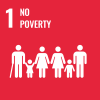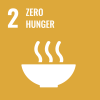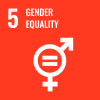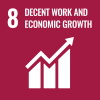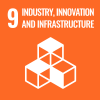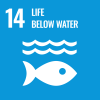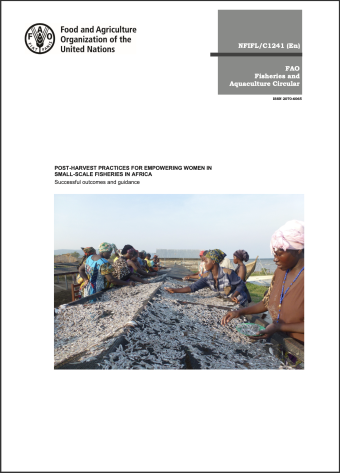
Post-harvest challenges faced by small-scale fisheries stakeholders have been the focus of numerous projects, programmes and investments in Africa. Many of these initiatives have aimed to benefit women, who often dominate processing and trade activities.
This report provides a summary of key findings from a desk review and primary data research that has aimed to identify successful post-harvest initiatives related to infrastructure design and management, improved post-harvest technology, value addition and access to finance. The examples described could be used by development practitioners and policy makers to inform the direction, design and implementation of future post-harvest fisheries initiatives. The use of locally made fish boxes to improve on board handling and the use of drying racks are described. And although the intention was to focus on small-pelagic fish value chains, some of the examples have a more general application such as those for infrastructure, value addition and the microfinance models that are included. It is important to note that this is not a definitive study and that the focus has been primarily on initiatives is Ghana, Malawi, Senegal, Sierra Leone, Tanzania and Uganda.
The report and guidance align with and aim to support the implementation of the FAO Voluntary Guidelines for Securing Sustainable Small-Scale Fisheries in the Context of Food Security and Poverty Eradication (SSF Guidelines). The guidelines promote the role of SSFs in food security and nutrition, the right to adequate food, equitable development and poverty alleviation, and to the provision of decent work for fishers and fish workers.

